
Fishermen in Shama declare support for the fight against galamsey
Some fishermen at Shama in the Western Region have urged the government to continue the fight against galamsey to help restore the Pra River that flows into the sea and is gradually polluting it.
They said the results of galamsey on the Pra River had also affected and polluted section of the estuary site, usually called “Baka” in the local parlance, which used to be a vibrant fishing area for the fisher folk and a tourist attraction for visitors.
They said Pra estuary which joins the sea had been polluted so much so that most of the fishes in there have been killed retarding fishing activities in the community.
“We support government in the fight against galamsey to restore the “Baka” to its natural state. This Baka has been a good source of drinking water for the people and a tourist attraction to many foreigners.
“Now all the fishes are dead in there and we no longer can drink the water because it is so polluted”, Mr Francis Cobbina, the Secretary of the Shama Unit Committee said.
Mr Cobbina said oil and gas exploration on the sea was also affecting the fishing business, alleging that oil residues were thrown into the sea by the oil companies and that was killing the fishes, making most of them not being able to catch fish as they used to.
He has therefore called on the government to ensure that the fisher folk were given some form of compensation by the oil companies whose work had affected their fishing business so much.
Mr Cobbina together with Nana Enu Basau, the Chief Fisherman of Shama-Apo, briefed journalists on Thursday during a tour of the Shama Landing Beach.
The tour forms part of USAID/University of Cape Coast’s (UCC) Centre for Coastal Management Capacity Building Support Project, which is being implemented within a five- year period under a 5.5 million dollar fund.
That funding is helping to conduct research into coastal activities and helping build capacities of researchers, professionals and the media to understand and promote coastal activities.
During the tour of the Shama landing beach, it was observed that there were sanitation issues including filthy environment and gutters with strong stench within sections of the community and faeces scattered at the beach.
There was however other brisk economic activities of selling and trading in cooked food and other wares on-going in that environment.
The journalists also noticed that the section at which the Pra River joins the sea was greatly polluted.
Nana Enu Basua said the fishing law needed to be implemented by the authorities to serve as a check on recalcitrant folks who continue to engage in illegal fishing.
Agya Kojo Adu, a fisherman, also called on the District Assembly to establish a toilet facility within the beach area solely for the children to stop them from defecating at the beaches.
He also cited sea erosion as another issue plaguing the Shama community and called for the creation of a sea defence wall to save the community from being washed away.
Meanwhile, the journalists would be touring eight Landing Beaches in Axim, Sekondi, Shama and Esiama in the Western Region, Biriwa and Elimina in the Central Region, Bortianor and Ada in the Greater Accra Region and Keta in the Volta Region to familiarize themselves with fishing activities in those areas.
Dr Benjamin Betey Campion, Senior Lecturer at the Department of Fisheries and Watershed Management of the Kwame Nkrumah University of Science and Technology (KNUST), said studies conducted under the project in 2015 revealed that most of the fisher folks continue to engage in Illegal Unregulated an Unreported (IUU) fishing practices despite many efforts by various partners to curb the practice.
He said the fisher folks also face the biggest challenge of premix fuel saga, which had been highly politicised thus remaining the highest issue of concern for the fisher folks.
Dr Campion said the many challenges facing fisher folk and their coastal zones necessitated the organization of the tour to enable the Journalists to go round the landing beaches and learn about the issues to bring them to the fore to help address them holistically.
Dr George Darpaah, who is In-charge of Marine Fisheries Governance at the UCC College of Agriculture and Natural Centre, said there were a lot of good fishing practices in neighboring countries like Cote D’Ivoire that Ghana could learn from to improve the sector.
“In Cote d’Ivoire for instance, there is a pre and post inspection of vessels which is done to ensure that no illegal activity or light fishing is done. The laws must also work here in Ghana,” he said.
GNA
Read Full Story

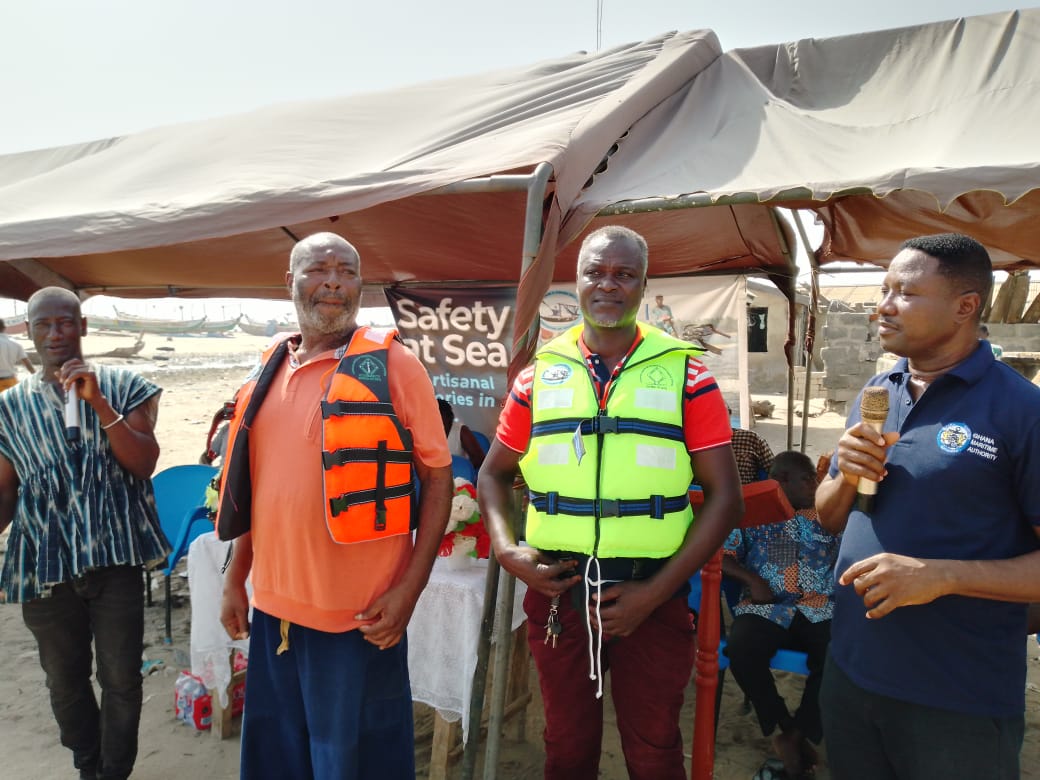
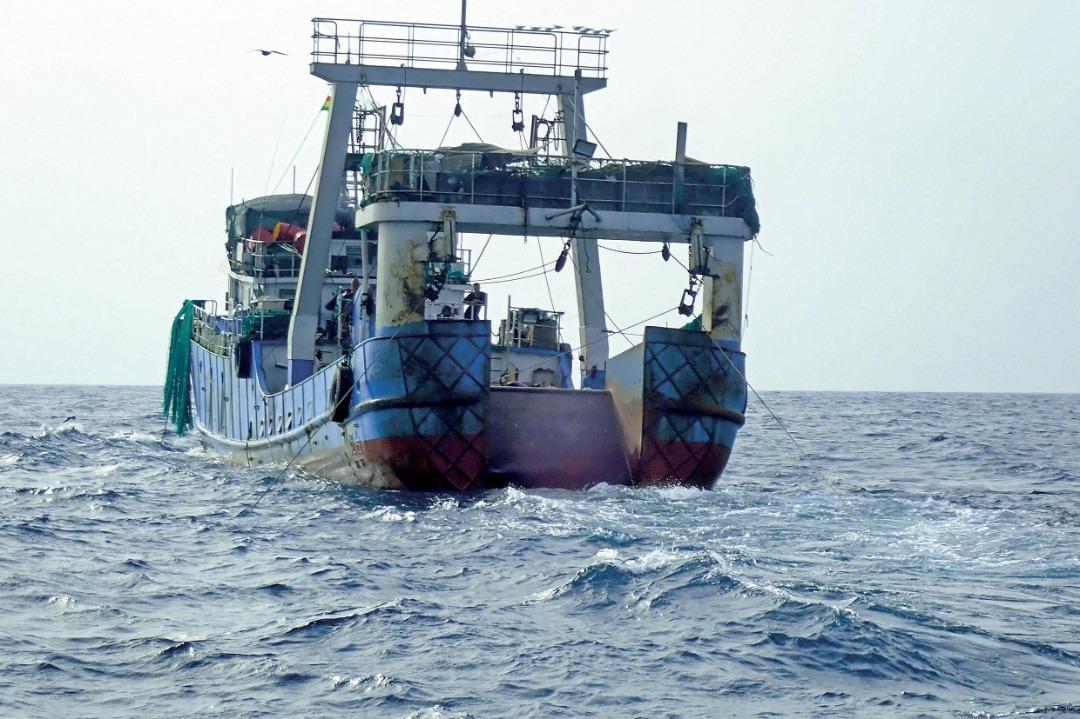

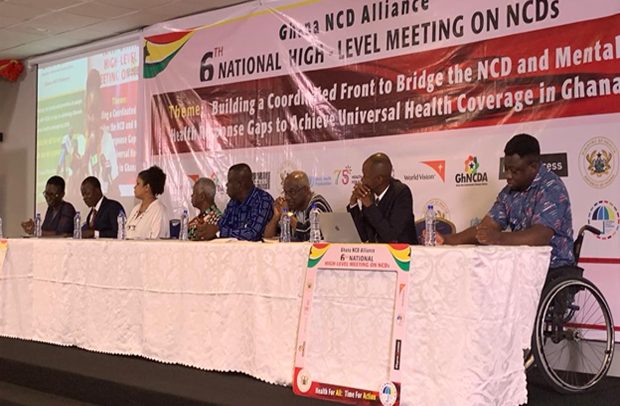





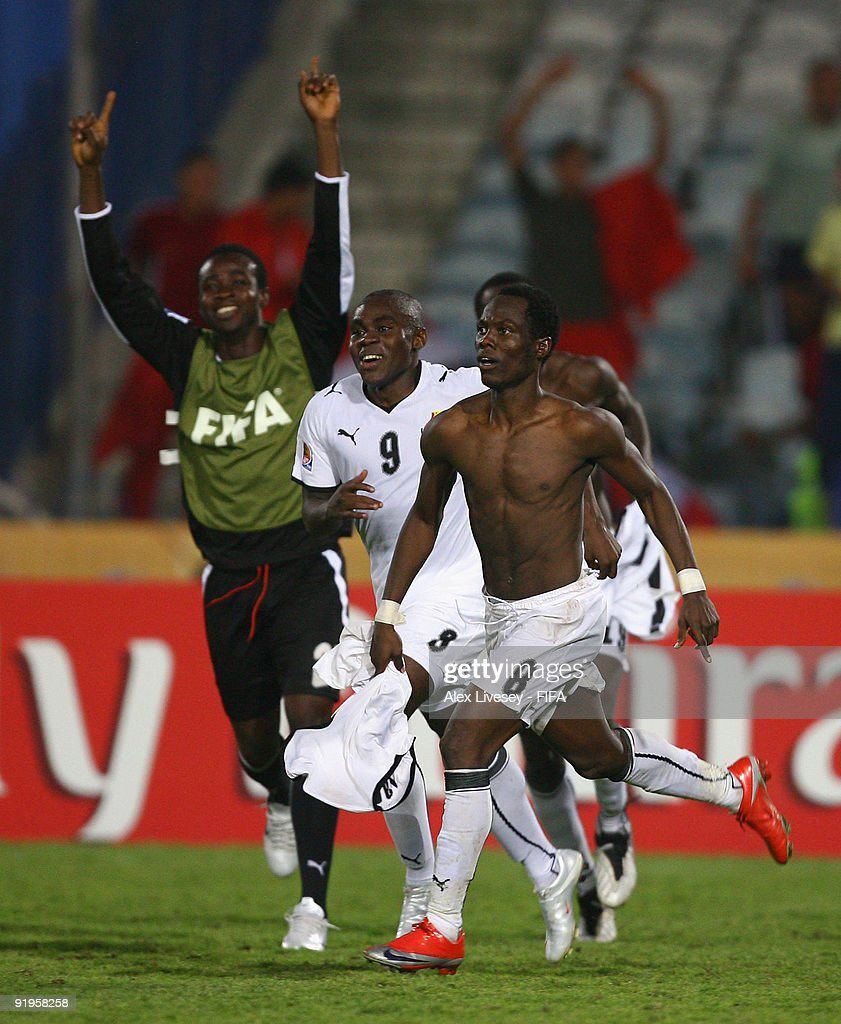

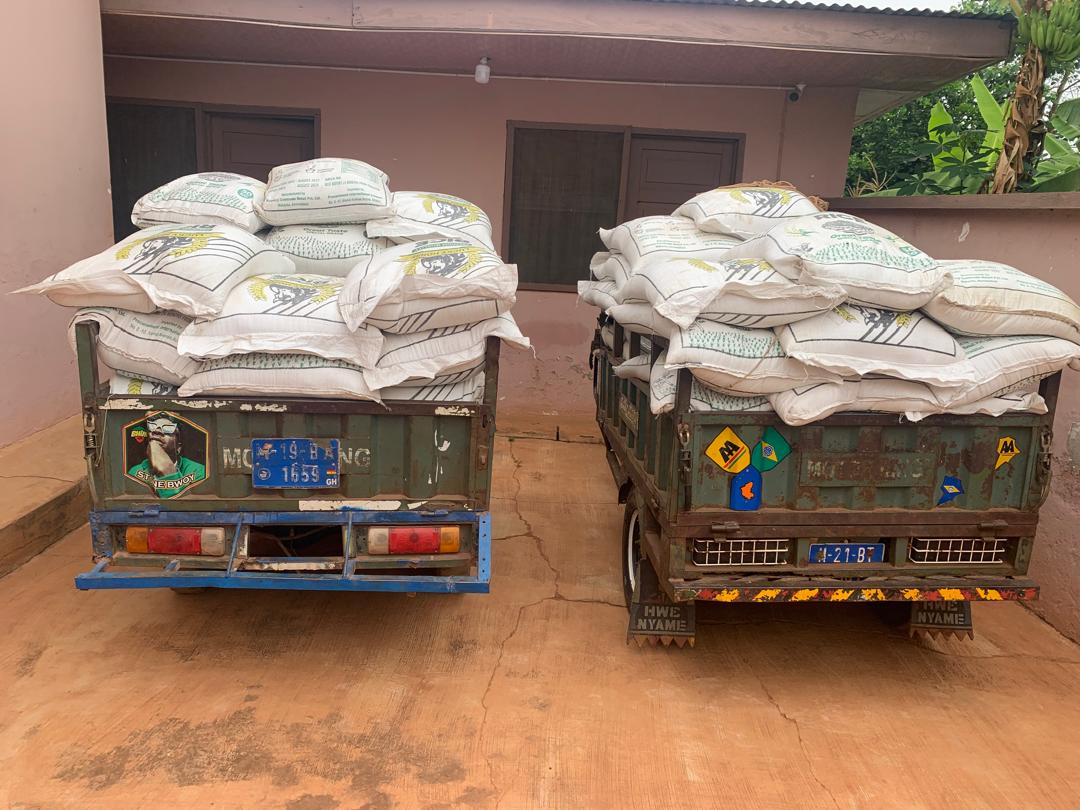
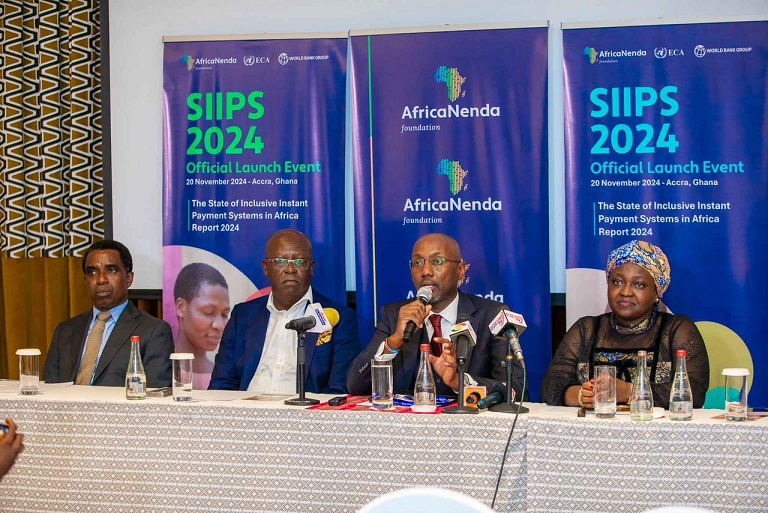
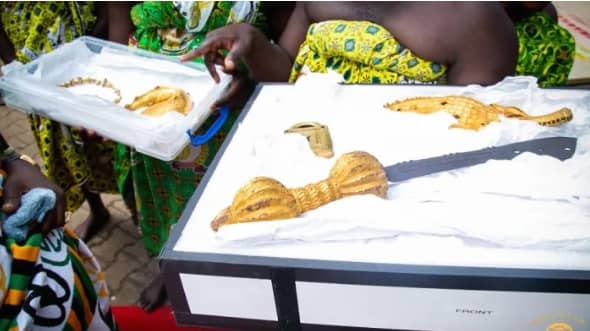


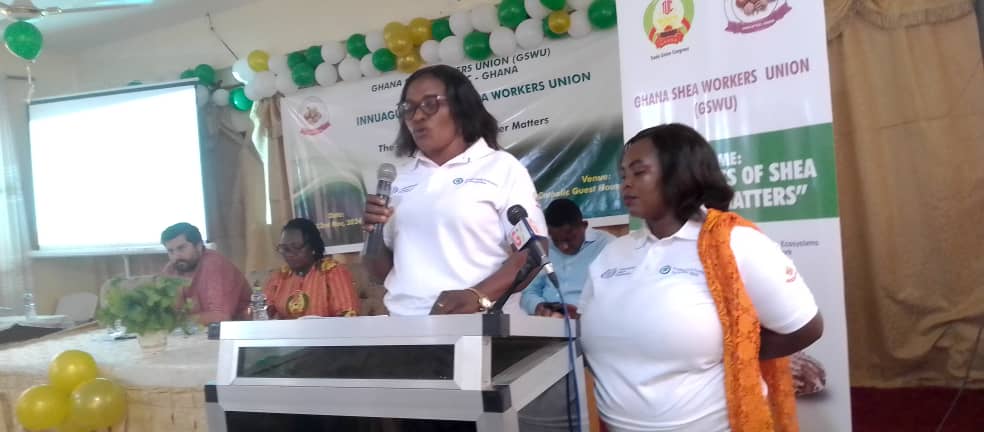
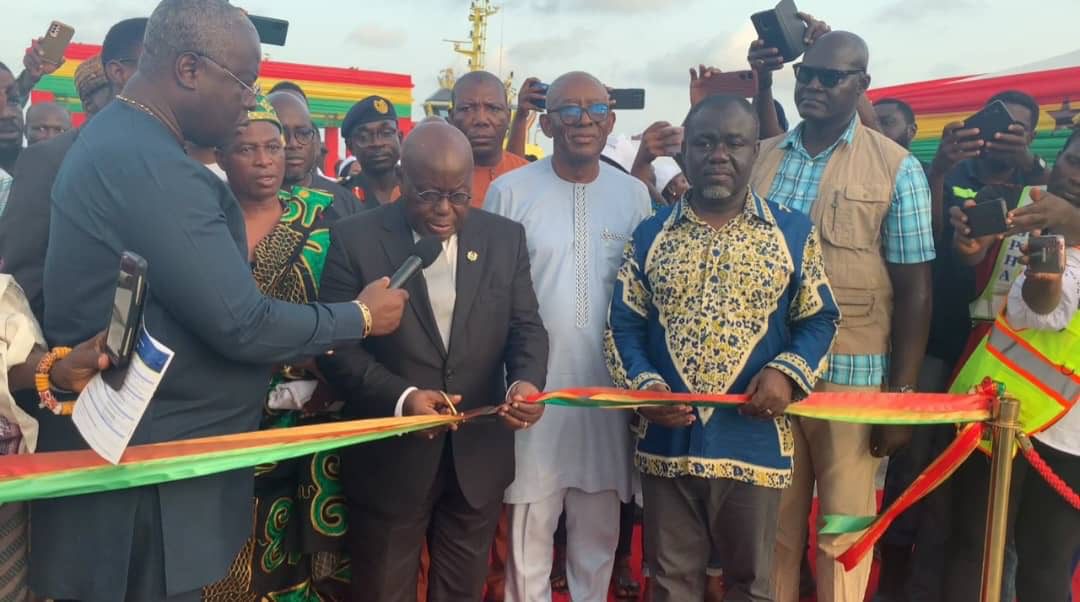
Facebook
Twitter
Pinterest
Instagram
Google+
YouTube
LinkedIn
RSS